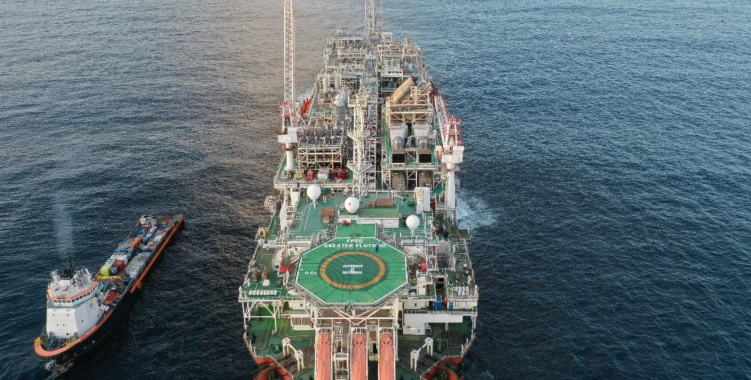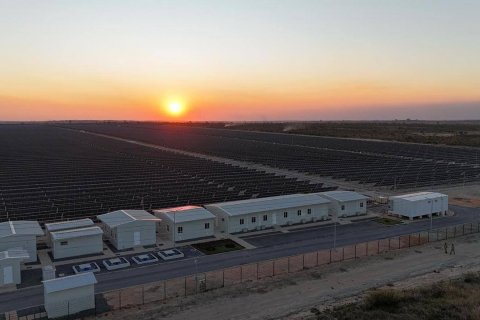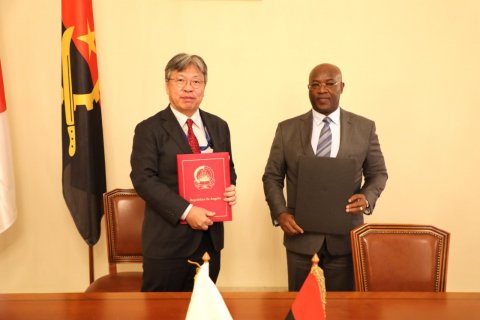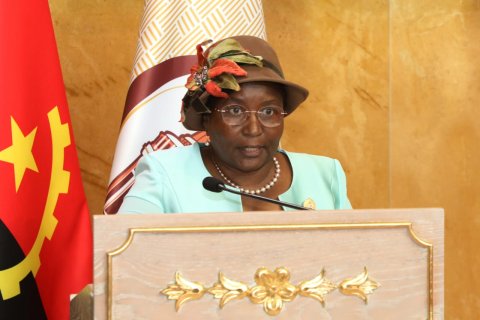In May of this year, a fire broke out on the subsurface deck of the deepwater platform Benguela Belize Lobito Tomboco, owned by Cabinda Golf Oil Company (Cabgoc), a subsidiary of Chevron, located in Block 14, in the maritime zone of Cabinda, initially resulting in 17 injuries, four of which were serious, and culminating in the death of three people.
Manuel Bole, who was speaking at the presentation of the data from the Ministry of Public Administration, Labor and Social Security (MAPTSS) for the first half of the year, said that this sector has been “monitored with due care”, highlighting that the second series of the “Decent Work” operation will soon be launched, which will also target oil activity.
Regarding the specific accident, Manuel Bole highlighted the difficulty in accessing the site for inspection.
“It was very difficult for us, the General Inspectorate of Labour, to obtain data in the first instance (…) but fortunately we were able to create some dynamics with the Ministry of Mineral Resources, Oil and Gas and the information was passed on to us, with daily reports”, he said.
According to the General Inspector of Labour, the data to which they had access is public, reporting some fatalities, with all the injured workers transferred to South Africa for due assistance, “unfortunately, some ended up dying”.
Regarding the conditions that must be created to avoid “daily accidents at all levels”, Manuel Bole stressed that the companies that provided the service at the time “have the conditions”, and there was “in fact, an oversight” due to the area where the activity was being carried out and where the accident occurred.
“It was an area that was initially deactivated and the teams thought that there was no substance in it that could cause an accident. Unfortunately, this happened, but both the provincial service, which is our local representation, which has been monitoring the work, and the companies directly linked to the sector, have been doing everything they can to improve conditions and prevent more and more accidents of this kind”, he stressed.
On the occasion, the general secretary of the Cabinda Oil and Related Industry Workers Union (STIPAC), André Capita, said that the reports from the General Labour Inspectorate to which they have access indicate that accidents and incidents at work are frequent in the oil sector.
“The reports presented to us by the General Labour Inspectorate, which I doubt are final reports, reveal that we have had very high levels of accidents at work in the oil sector each year and, in these figures that are presented to us, they also show us the number of fatal victims”, he denounced.
Data from the General Labor Inspectorate in the first half of this year show that more than 3,850 visits were made, registering more than 16,000 violations and mediated 3,824 labor disputes.
Manuel Bole said that the sector where most work accidents were identified was the industry, “where the numbers are much higher than in others”.
In his speech, the Secretary of State for Labor and Social Security, Pedro Filipe, said that at the end of this month, the second phase of the “Decent Work” operation will begin, the results of which from the first phase gave indicators that were “encouraging, on the one hand, and worrying, on the other hand”.
“Because the findings made gave us sufficient indications that we still have very big challenges in terms of regulating the labor market”, he said.







